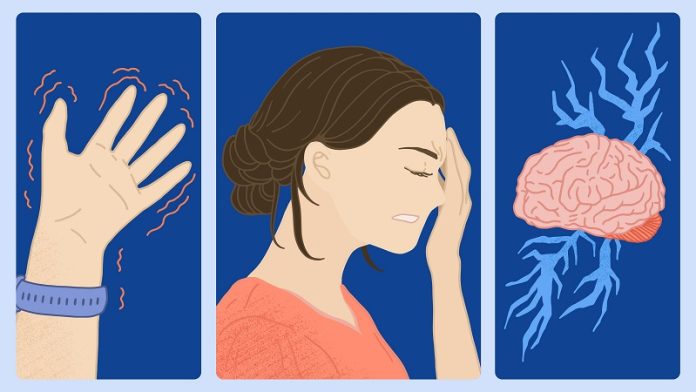
Researchers at the University of Minnesota Medical School have discovered a key heart measurement that can help predict a person’s risk of having an ischemic stroke or developing dementia.
Their findings, published in the journal Stroke, may help doctors better identify and protect people at risk before serious health problems occur.
The research team studied left atrial myopathy, a condition that affects the left atrium—one of the upper chambers of the heart.
When the left atrium doesn’t work properly, it can lead to poor blood flow and increase the risk of blood clots, stroke, and possibly memory problems like dementia.
In a long-term study of more than 4,700 older adults over eight years, the researchers tested several ways to measure how well the left atrium was functioning.
Their goal was to find out which of these heart markers best predicts who might later experience a stroke or dementia.
They found that the ability of the left atrium to stretch—also known as left atrial reservoir strain—was the strongest predictor of both conditions.
This heart flexibility allows the atrium to fill with blood between heartbeats. When this function is reduced, it may indicate a higher risk for dangerous blood flow problems that can affect the brain.
Another useful marker was NT-proBNP, a protein found in the blood that rises when the heart is under stress. Both this protein and the stretching ability of the left atrium improved the accuracy of stroke and dementia predictions when added to the usual health risk tools doctors already use.
“This gives doctors a new way to better identify patients who may need closer monitoring or preventive treatment,” said Dr. Lin Yee Chen, lead researcher and professor at the University of Minnesota. Dr. Chen is also a cardiac electrophysiologist with M Health Fairview and director of the Lillehei Heart Institute.
Next, the team plans to launch a multicenter clinical trial to see if blood thinners (oral anticoagulants) can help prevent stroke and dementia in people with poor left atrial flexibility. They will use the stretching ability of the left atrium as a way to define who is at risk.
This discovery could lead to early interventions that may reduce the chances of life-changing conditions like stroke and dementia—offering new hope for prevention through better heart health monitoring.
If you care about heart health, please read studies about how eating eggs can help reduce heart disease risk, and herbal supplements could harm your heart rhythm.
For more information about health, please see recent studies that olive oil may help you live longer, and vitamin D could help lower the risk of autoimmune diseases.
Source: University of Minnesota.



